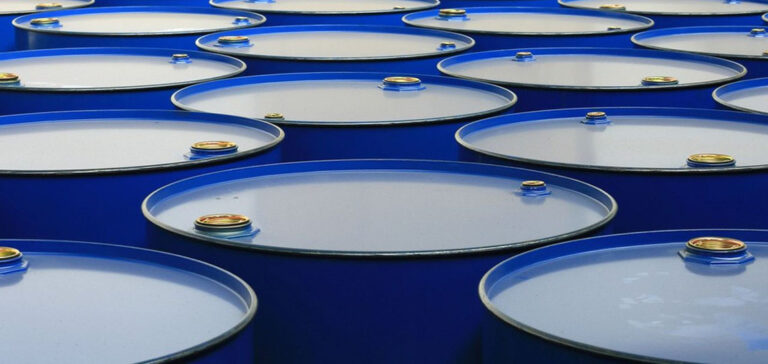The two oil giants, Russia and Saudi Arabia, recently confirmed their commitment to continue voluntary cuts in oil production until the end of 2023. This decision is designed to maintain stability in the oil markets, taking into account the current challenges.
Russia will maintain its voluntary 300,000-barrel-per-day reduction in crude oil and petroleum product exports until the end of 2023, as announced by Deputy Prime Minister Alexander Novak on November 5. Saudi Arabia, meanwhile, will continue to cut production by 1 million barrels a day in December 2023, bringing its output to around 9 million barrels a day for that month.
Background to voluntary reductions
This decision to extend the voluntary cuts in oil supplies stems from the complex situation on world markets. Russia initially implemented voluntary production cuts in spring 2023 in response to sanctions imposed on its oil sector as a result of the invasion of Ukraine. Other OPEC+ members, including Saudi Arabia, then added their own voluntary reductions. The first round of voluntary reductions totalling 1.66 million barrels per day is in place until the end of 2024.
These reductions are intended to stabilize Russian oil prices, which had been heavily impacted by the sanctions. At times since Russia’s invasion of Ukraine, the discount on Russian oil had exceeded $40 a barrel. However, this difference has since narrowed, with Platts pricing Russia’s key crude oil grade, Urals, at a $12.10 discount to Brent dated November 3.
Objectives and future prospects
Russian officials have made it clear that these cuts are aimed at reducing the discount on Russian oil due to sanctions, and maintaining profitable production despite the high costs associated with the invasion of Ukraine. According to analysts, Russian production should remain stable until the end of 2023, as it and its OPEC+ partners maintain production discipline to support prices.
Supply risks have increased over the past month following the Hamas attack on Israel on October 7. The conflict has led to calls for an embargo on oil exports from some Middle East producers, and ongoing fighting threatens oil production and supply infrastructure.
Meanwhile, discussions between Western officials on sanctions intensified. “Oil market fundamentals do not currently point to a supply crisis, although the risks of supply disruption are greater than on October 6,” said S&P Global Commodity Insights in a short-term outlook for world crude oil markets published on October 27.
OPEC+ ministers are due to discuss market conditions and production quotas at a meeting scheduled for November 26. This meeting will be crucial for assessing oil market trends and the need for new measures to maintain the stability and balance of world oil supplies.






















